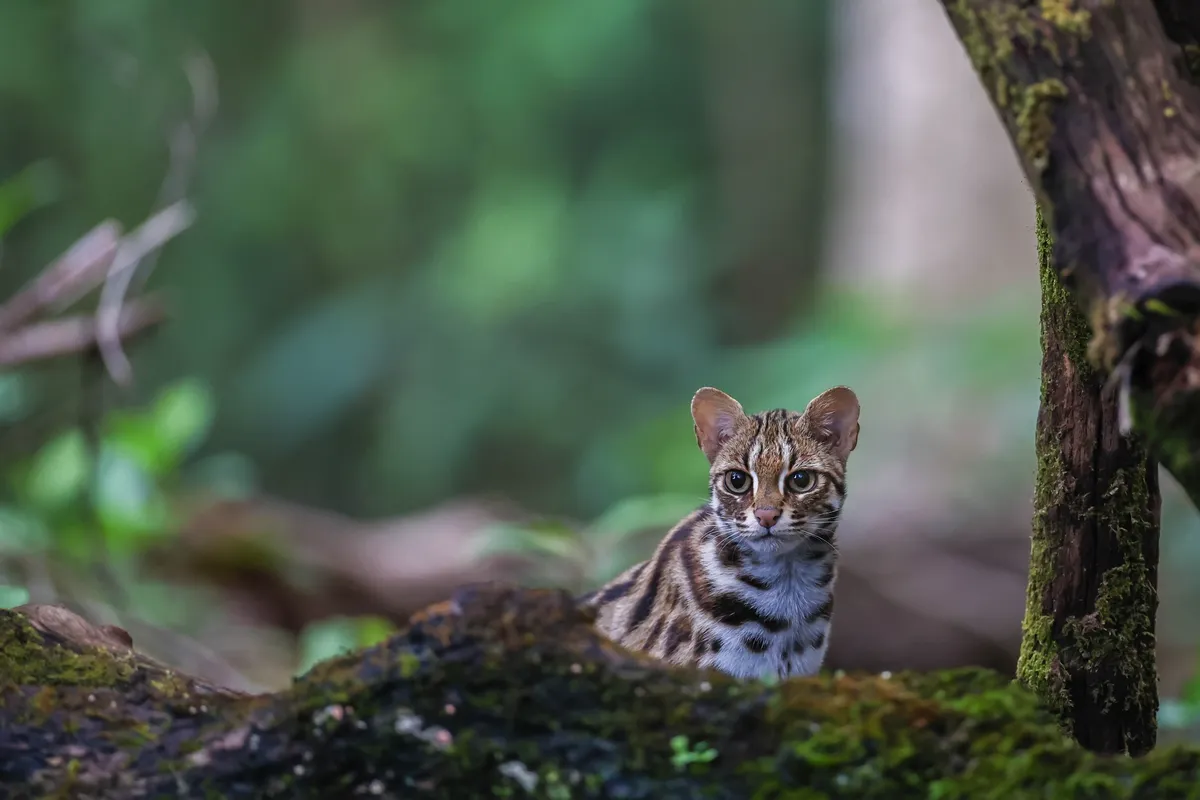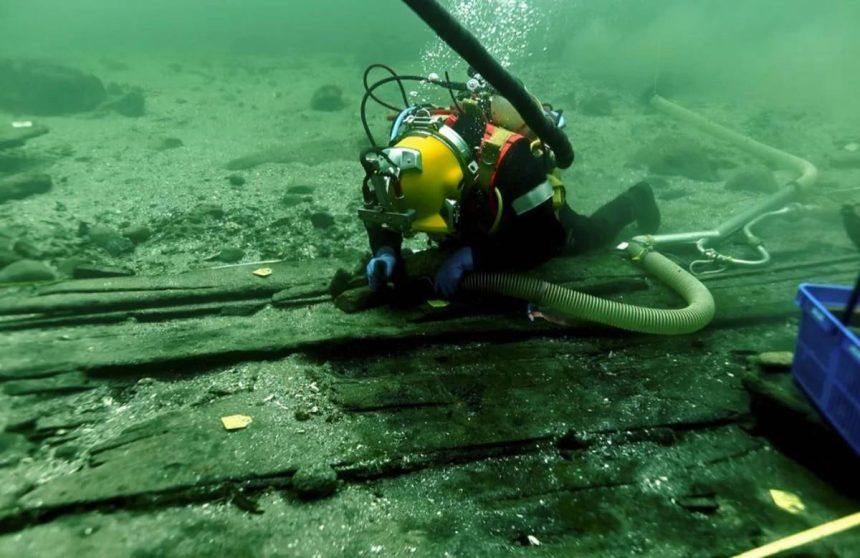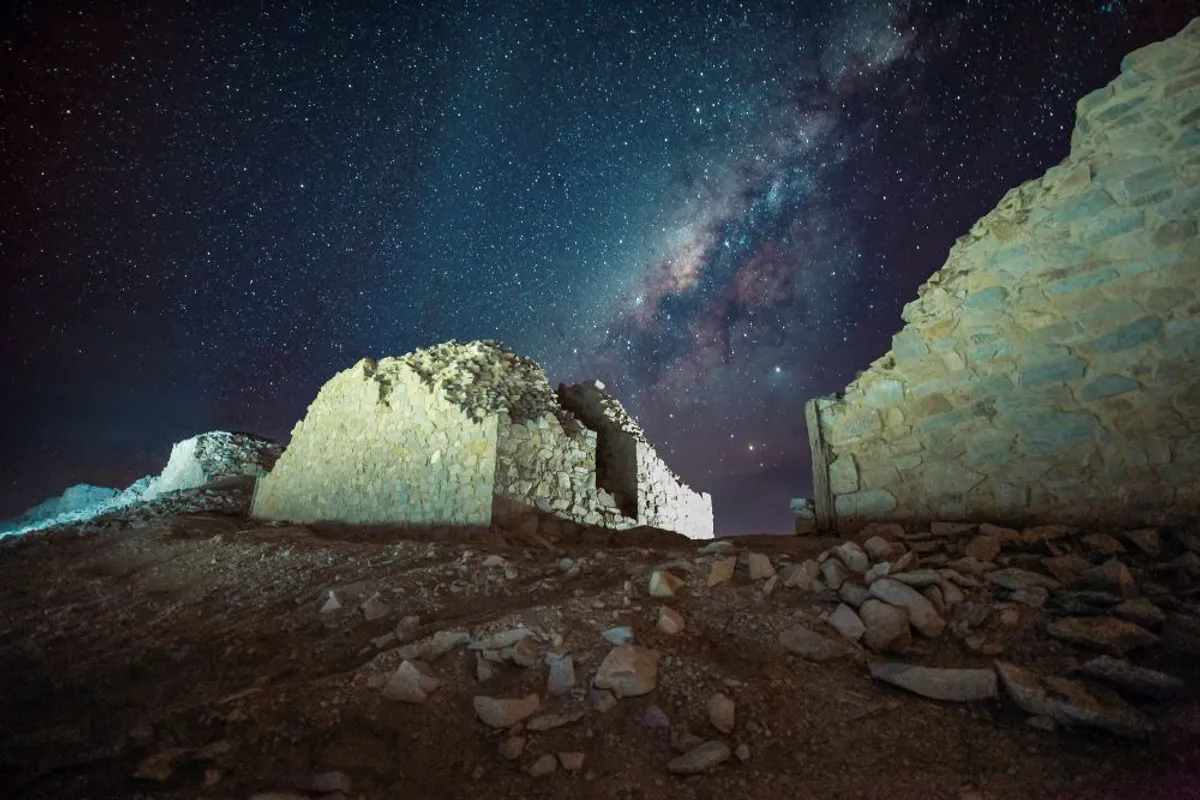In a landmark moment for marine science, a live colossal squid has been observed in the depths of the Antarctic Ocean for the very first time. The groundbreaking footage was captured in March by a deep-sea exploration mission led by Dr. Kat Bolstad, a marine biologist specializing in cephalopods at the Auckland University of Technology in New Zealand.
Although Dr. Bolstad herself did not initially spot the creature during her expedition, a surprising revelation awaited her upon her return. A video recorded on March 9 by the SuBastian submersible, operated by the Schmidt Ocean Institute, captured a transparent, juvenile cephalopod gliding gracefully at a depth of 600 meters near the South Sandwich Islands.
“It didn’t take long to realize what we were looking at,” said Bolstad. “As soon as I saw the footage, I knew it was highly likely we had captured a juvenile colossal squid on camera.”
What Is the Colossal Squid?
The colossal squid (Mesonychoteuthis hamiltoni) holds the title of the largest invertebrate on the planet—surpassing even the better-known giant squid. It can grow to lengths of 6 to 7 meters (about 20 to 23 feet) and has eyes larger than a basketball—the largest eyes in the animal kingdom.
The first evidence of this elusive species dates back to 1925, when tentacle fragments were found in the stomach of a sperm whale. Since then, only dead or partially consumed specimens have been recovered. Never before has a living colossal squid been observed in its natural environment—until now.
Why Is the Colossal Squid So Rare?
Colossal squids inhabit the abyssal depths of Antarctic waters and are notoriously evasive, steering well clear of human activity. They are extremely sensitive to environmental disturbances—any unexpected movement could signal danger, particularly from their primary predator, the sperm whale.
The young squid filmed by SuBastian was found in shallower waters (around 600 meters deep), compared to the even greater depths where adults are believed to reside. Its nearly transparent body may serve as camouflage, helping it evade predators in the ocean’s twilight zone.
Technology Opens a Window to the Deep
The SuBastian submersible is part of the Nippon Foundation–Nekton Ocean Census, a global initiative dedicated to discovering previously unknown marine species. Advanced underwater camera systems enabled real-time transmission of deep-sea footage—offering scientists and the public alike a rare glimpse into Earth’s most remote ecosystems.
“It’s amazing that we can now participate in deep-sea exploration from anywhere in the world, as it happens,” said Bolstad. “The technology is truly transformative.”
What This Means for Ocean Science
This extraordinary footage could mark a turning point for marine conservation. According to experts, direct observation of such rare creatures could influence future decisions on deep-sea mining regulations and the management of human activity in remote oceanic regions.
Dr. Bolstad remains hopeful of one day encountering an adult specimen. “I can’t wait to see a fully grown colossal squid, alive in the environment where it truly belongs—the deep Antarctic sea,” she said. Yet she finds joy in this first sighting being of a juvenile. “It looks like a tiny glass sculpture. It’s mesmerizing.”
The first live recording of the colossal squid opens an exciting new chapter in ocean exploration—and reminds us how much there is still to discover about the planet we call home.







